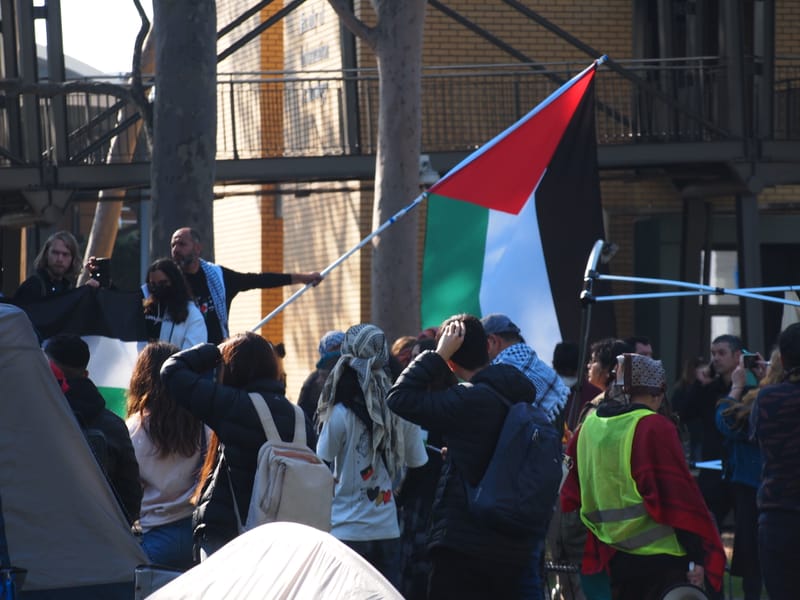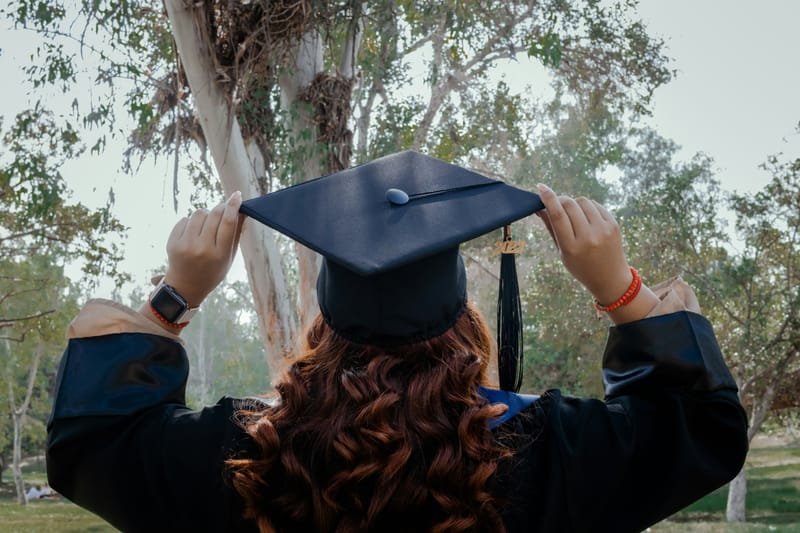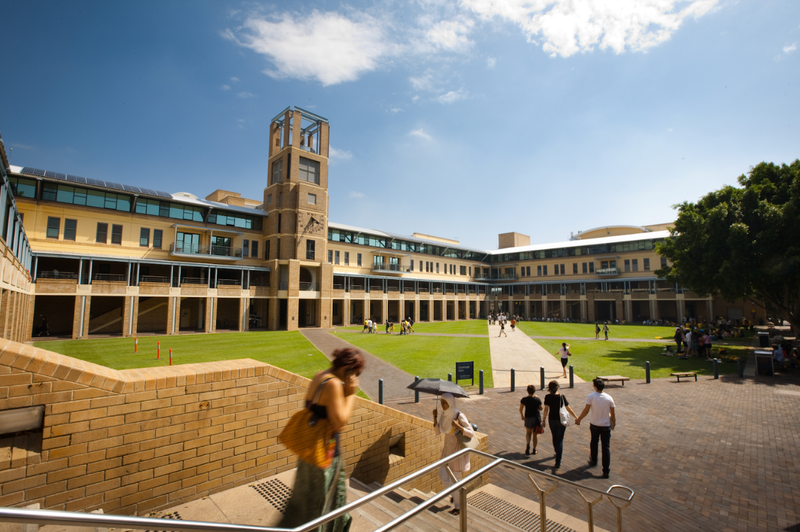Monash clubs and societies' strive to remedy membership free fall
Monash University’s clubs and societies have faced a significant drop in membership and funding this semester, following the cancellation of O-Week.
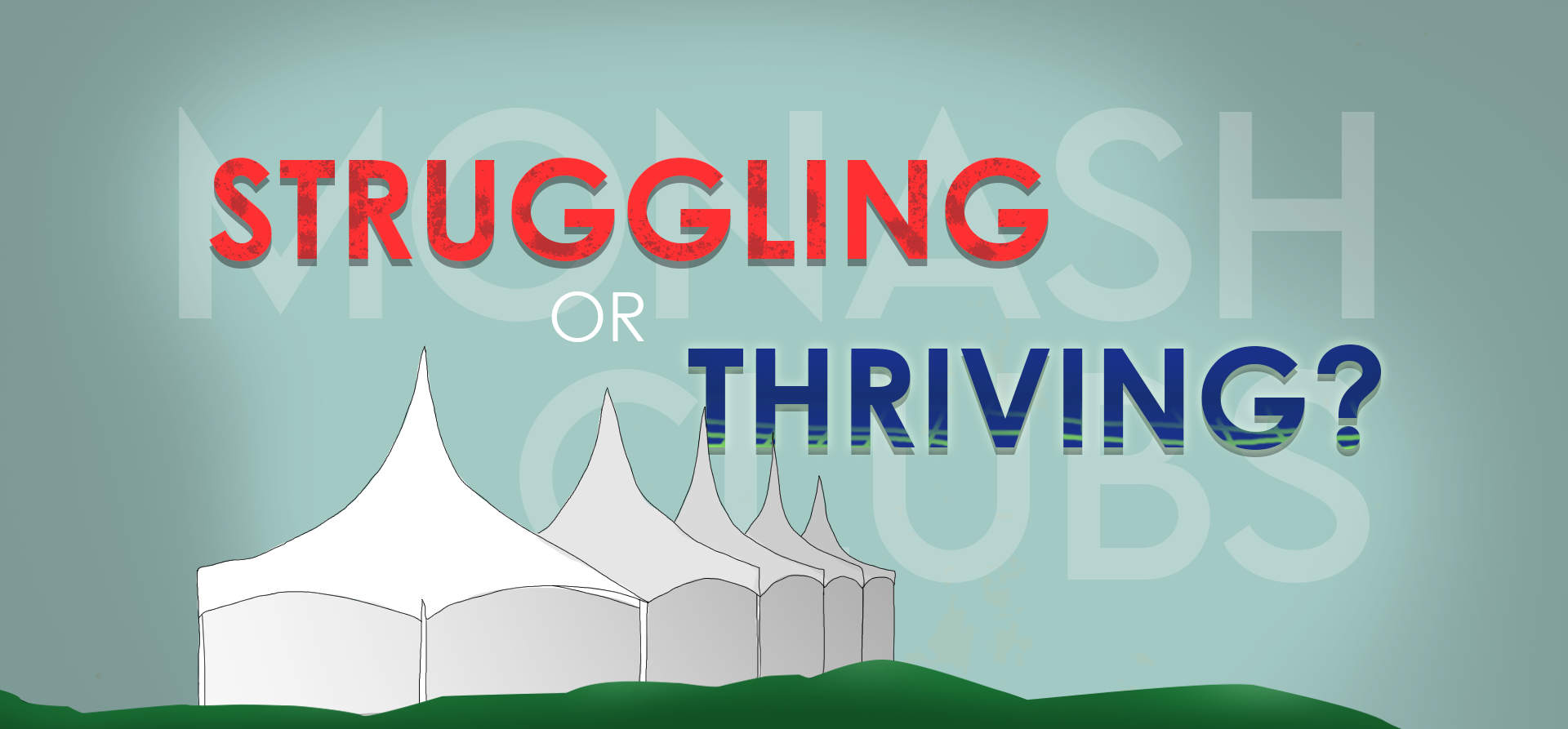
BY HANNAH COHEN
Monash University’s clubs and societies have faced a significant drop in membership and funding this semester, following the cancellation of Orientation Week (O-Week) in week one.
With all on-campus activities halted, committees have resorted to online participation to boost morale and make their memberships worthwhile.
Monash Science Society (MSS) president Caterina Palma said coronavirus has brought with it a drop in memberships from 800 in 2019 to about 30 this year.
“There’s no real incentive for people to sign up,” Ms Palma said.
“We were going to be huge…now we have around 30 [members].”

Ms Palma said MSS has also faced a significant financial impact from the movement to online learning.
A main source of MSS’s funding is their sales of affordable lab coats during O-Week. Following its cancellation, MSS has been unable to make its usual profits.
“Because of COVID-19, we have a huge amount of lab coats and goggles just sitting in someone’s house…that has been really bad,” Ms Palma said.
“I think we [also] lost our camp deposit which was around $2000.”
Ms Palma said as president of MSS, boosting committee morale and delegating responsibility has been important during isolation, especially due to the ban on social events.
“I have to make sure that we are still doing stuff and remind us all that we are still a committee...and that’s pretty tricky.”
Society of Arts Students (SAS) president Chloe Yeats said off-campus learning and O-Week’s cancellation has been especially difficult for clubs that focus on regular social events, such as camps and balls.
“O-Week is the biggest driving force for most societies and is also prime for first year engagement, so that was really disappointing it couldn't go ahead,” Ms Yeats said.
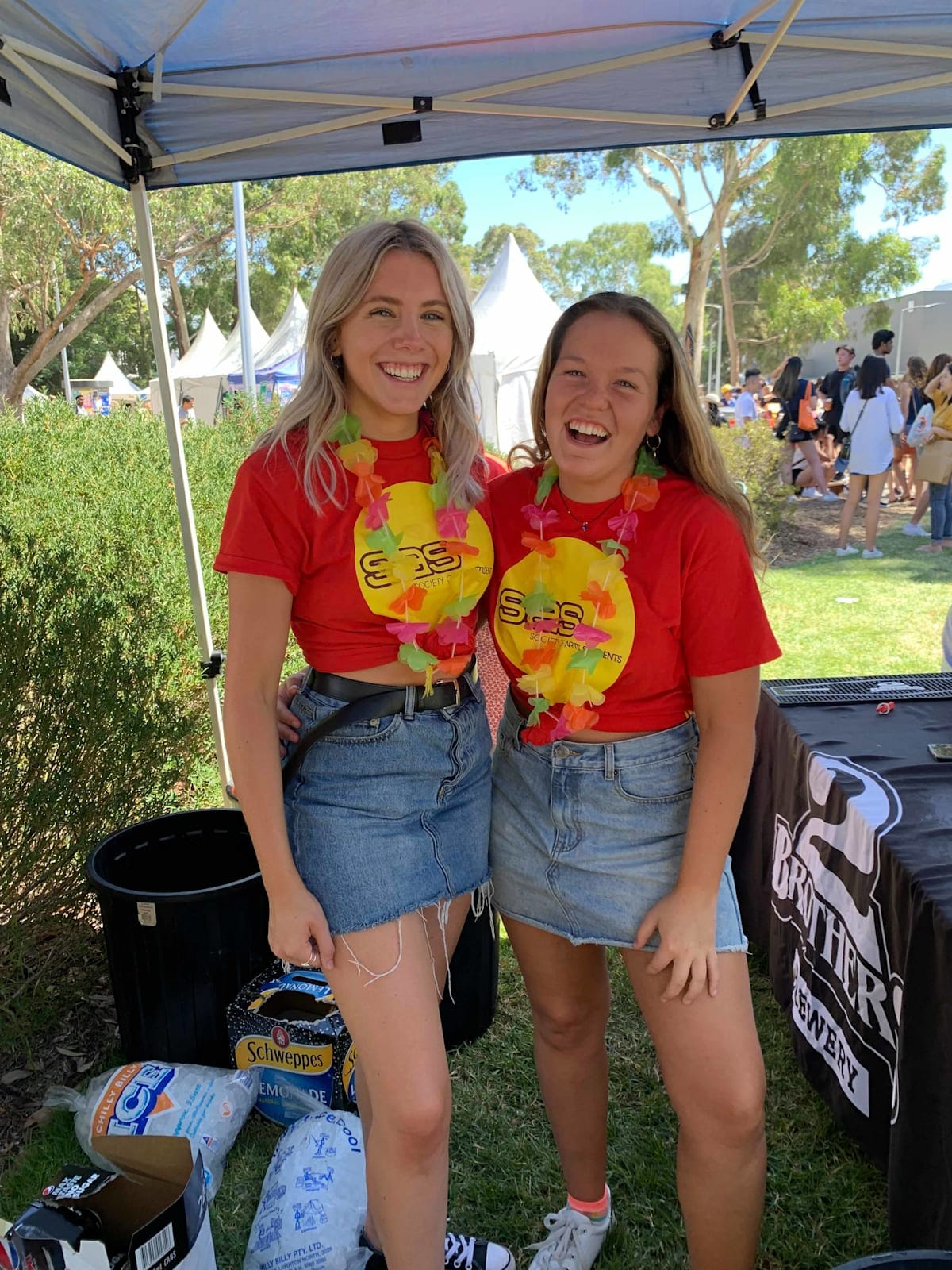
Ms Yeats said her committee is holding on to the hope semester two will see Monash students return to campus.
“I think it’s just a waiting game to see whether we are still fully online next semester and if that's the case, we will look to move our events online,” she said.
In the meantime, Ms Yeats said producing content for the SAS community and engaging their large following on social media has been crucial in boosting first year enthusiasm.
The content includes Instagram takeovers, where committee members introduce themselves to followers, and answering questions in a Facebook group for first year arts students.
“We are also about to launch our ‘SAS survival guide for isolation’ and a podcast,” Ms Yeats said.
Although Ms Yeats did not expect these challenges coming into the role of president, she said she was willing to work hard to maintain the committee’s presence.
“Initially I was sad and disappointed, but turned that into motivation to do the best we can, [maintain] an active society and turn our ideas into actions.”
However, not all clubs and societies have been unable to hold events due to social distancing requirements.
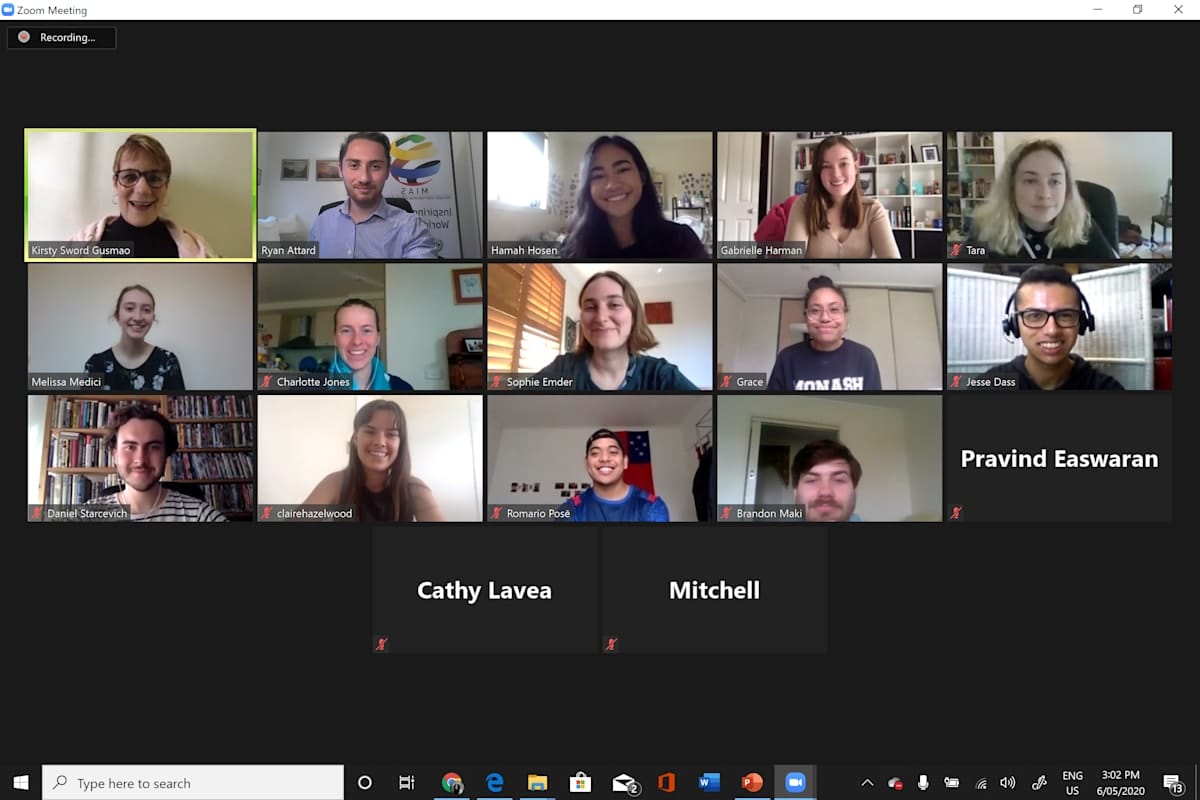
Monash International Affairs Society (MIAS) president Ryan Attard said they had been proactive in organising online events for members, despite a drop in memberships by 78 per cent from 2019.
“We are still trying to do the things that we wanted to do anyway. We’re trying to keep business as usual even though we can’t meet in person,” Mr Attard said.
MIAS events via Zoom have included Model United Nations conferences, trivia nights and ‘coffee and chill’ sessions to encourage first year participation.
“We are no longer bound by geography…over the last month I think we’ve held the most international events we’ve ever had,” Mr Attard said.
“The online event function does work quite well, especially when we have a speaker that isn’t in Australia that can’t physically come to Monash university, it’s really fantastic.”


